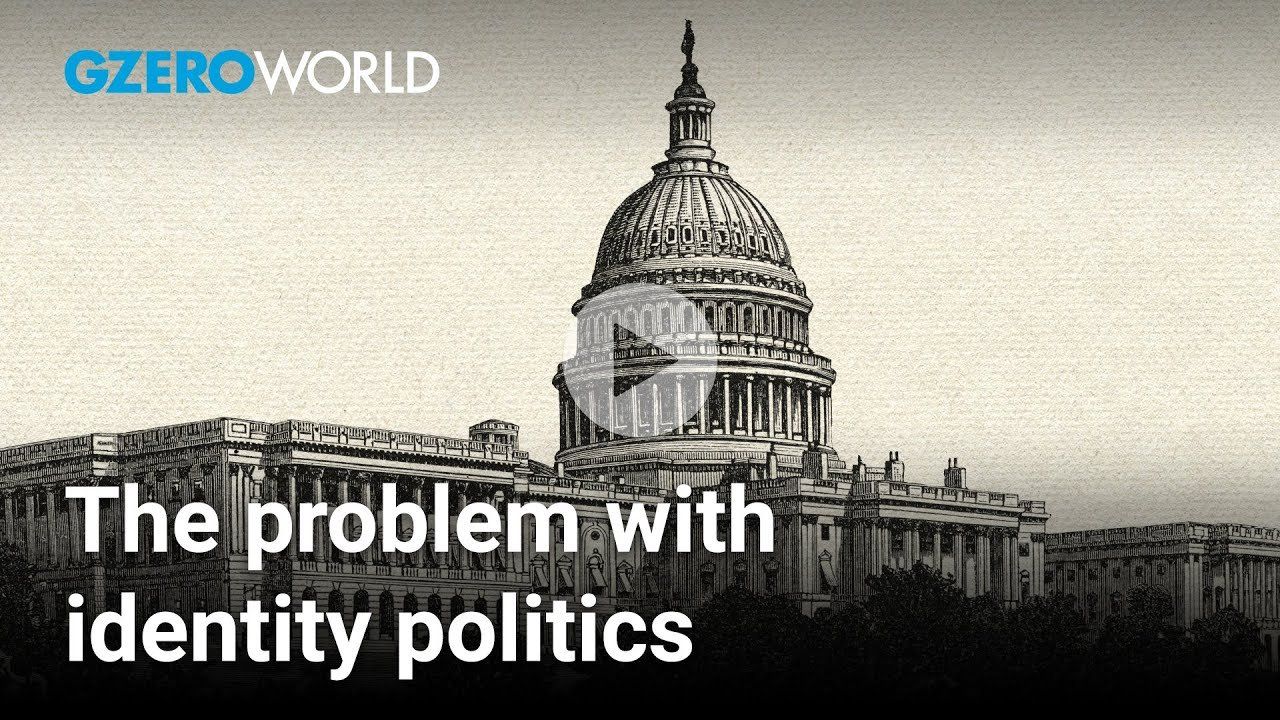GZERO World Clips
Has identity politics distracted us from true inclusion?

Has identity politics distracted us from true inclusion? | GZERO World

Political scientist and author Yascha Mounk joins Ian Bremmer on GZERO World to discuss his latest book, “The Identity Trap" and his concerns about the contemporary “woke” ideology coming from the progressive left. A counter-production obsession with group identity in all forms, he argues, has taken hold of mainstream institutions in areas like education and healthcare.
“Rather than asking for true inclusion in shared institutions,” Mounk says, “[Progressive activists] reject that universalist heritage and want to make how we treat each other explicitly depend on the kind of identity groups of which we're a part.”
Mounk dives into the complicated and contentious issue of identity politics and challenges the conventional wisdom that they lead to a more equitable society. By emphasizing the differences between individuals rather than shared values, Mounk explains, identity politics exacerbate societal divisions and hold our society back from making real progress toward equality.
On Saturday, Chinese President Xi Jinping made it public: he wants the renminbi, China’s currency, to replace the dollar as the global reserve currency. But is this even possible?
In this Quick Take, Ian Bremmer breaks down the growing tensions between the US and Iran, calling it "the next area of potential large-scale conflict where President Trump is interested in changing the facts on the ground."
U.S. President Donald Trump and Japanese Prime Minister Sanae Takaichi hold up signed documents regarding securing the supply of critical minerals and rare earths, at a bilateral meeting at Akasaka Palace in Tokyo, Japan, October 28, 2025.
Representatives from the European Union, United Kingdom, Japan, and others will meet in Washington this week to discuss a strategic alliance on critical minerals.
80,000: The number of people estimated to be in the streets of Czechia on Sunday to show their support for President Petr Pavel after he blocked the nomination of an environmental minister who performed the Nazi salute and posted Nazi memorabilia.